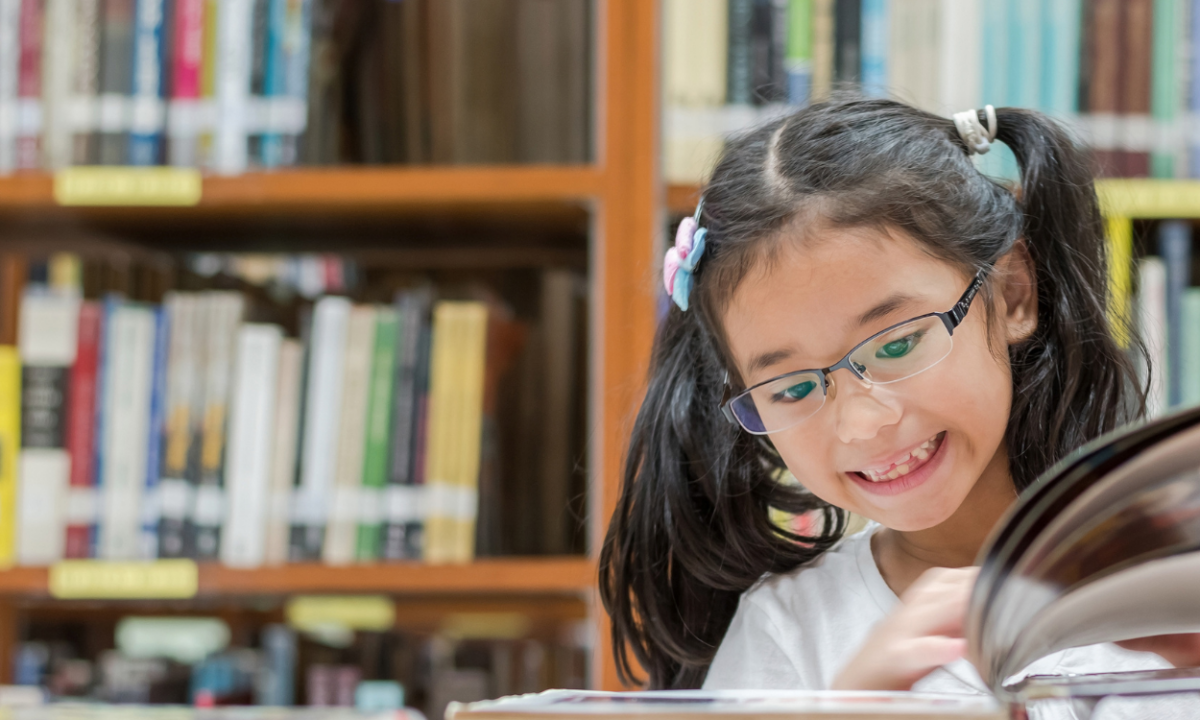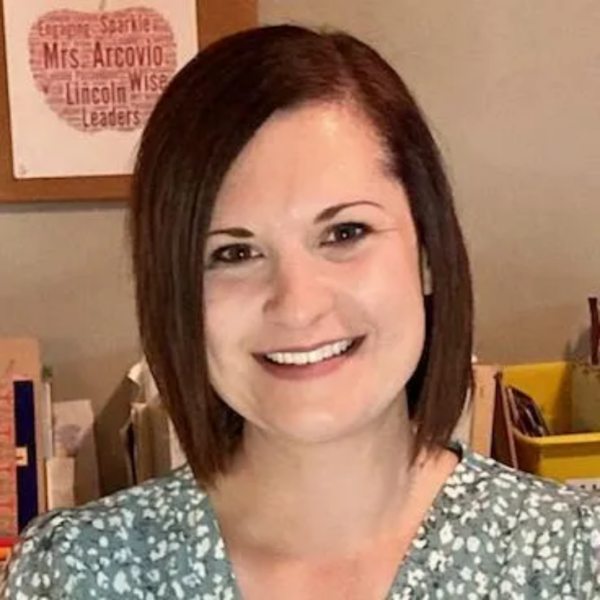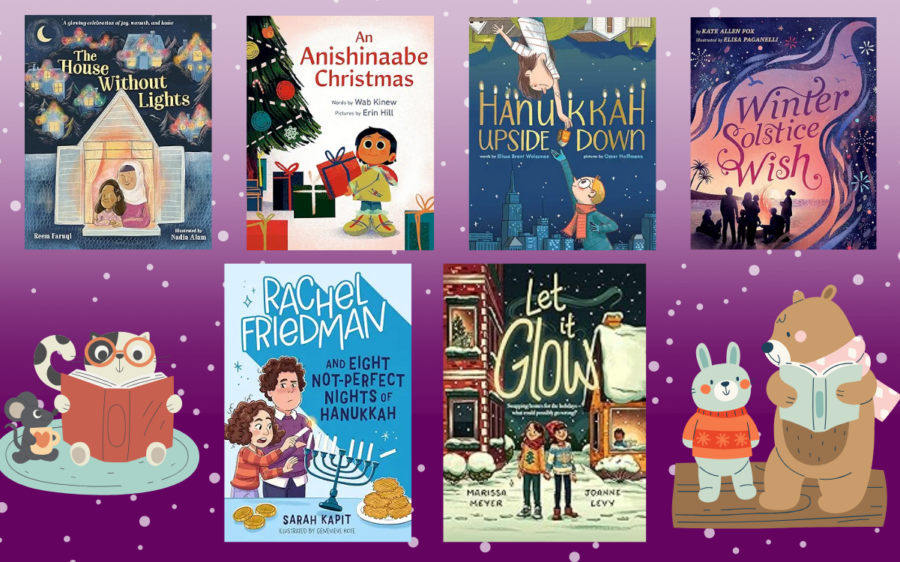There are many benefits to using songs, rhymes, and poetry in the classroom, especially for young children. Songs, rhymes, and poetry can be used to create joyful experiences with text, develop phonological awareness, teach early literacy concepts, and cultivate the intonation, stress, and rhythm of language. They can also provide a way for children to have and see representation of themselves and others in the texts used in their classrooms.
Nursery rhymes may be some of your earliest experiences with song, rhyme, and poetry. The connection between early knowledge of nursery rhymes and phonological skills is well documented (Bryant, et al., 1989). Dr. Timothy Rasinski (2023) has described nursery rhymes as early attempts to develop phonemic awareness and encourage flexibility with sounds in words. Nursery rhymes often appear in early childhood curriculum and are familiar to many. The mindful educator, however, as Dr. Gholdy Muhammad (2020) reminds us, analyzes, and criticizes what they are “told to teach and what [they] are told to teach with.” Examining the texts used in literacy curriculum and carefully considering if they accurately reflect the world is a way that educators can begin to do the important work of anti-racist, anti-biased teaching—and it can start with the songs, rhymes, and poetry used in early education.
Children will benefit from the use of any songs, rhymes, and poetry and when it comes to nursery rhymes, educators do not need to be limited to the Eurocentric cannon. Children can learn about sounds from songs, poetry, and nursery rhymes from all over the world and from all kinds of cultures and people.
Here are a few places to go if you are just getting started analyzing your books, texts, and poems:
- Social Justice Books: Visit Social Justice Books for a “Critically reviewed selection of multicultural and social justice books for children, young adults, and educators.” This link will take you to a section titled, Nursery Rhymes and the Anti-Bias Classroom.
- New York Public Library: Follow this link to find a collection of Culturally Diverse Nursery Rhymes to Share from the New York Public Library.
Nursery rhymes often make us think of childhood. Dr. Rudine Sims Bishop (2015) identified the need in schools to provide texts that allow children to see themselves (mirrors), to see other worlds (windows), and allow them to enter other worlds to understand others (sliding glass doors). It is essential for educators to ensure that there is not just one childhood represented in classrooms.
Tag us on Twitter @Lesley_CRRLC with recommendations for songs, rhymes, and poetry that you use in early childhood classrooms that provide mirrors, windows, and sliding glass doors for all children.
References:
Bryant PE, Bradley L, Maclean M, Crossland J. Nursery rhymes, phonological skills and reading. J Child Lang. 1989 Jun;16(2):407-28. doi: 10.1017/s0305000900010485. PMID: 2760133.
“Mirrors, Windows and Sliding Glass Doors.” YouTube, Sims Bishop, Rudine, January 30, 2015, https://www.youtube.com/watch?v=_AAu58SNSyc
Muhammad, Gholdy. Cultivating genius: An equity framework for culturally and historically responsive literacy. New York, Scholastic Inc., 2020.
Rasinski, Timothy. “The art and science of teaching reading.” Summer Literacy Institute, Center for Reading Recovery and Literacy Collaborative, July 2119, 2023, Lesley University, Cambridge, MA. Lecture.

Become a Strong Phonics Teacher!
Master the fundamentals of reading and writing instruction with our online self-paced course, “What Teachers Need to Understand About the Alphabetic System: Phonics & Spelling.” You can take this course for non-credit and earn 24 professional development hours, or you can take it for 1 graduate credit.





